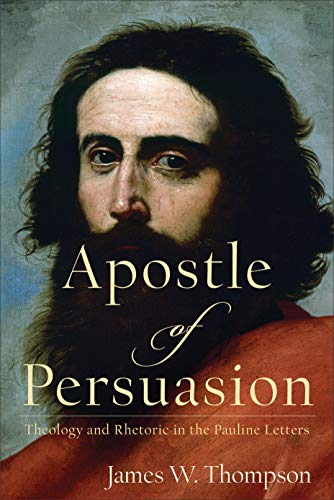Revenge, it has been said, is a meal best served cold. But what revenge also does is make the perpetrator’s heart grow cold, and ruthless. This novel is all about various forms of revenge, taken by women against men who have abused women and sold them as chattel into prostitution, in other words, human trafficking, and revenge taken against women who enabled such wickedness, or got in the way the fury of the revenge taker. Mother Midnight is the assumed... Read more












